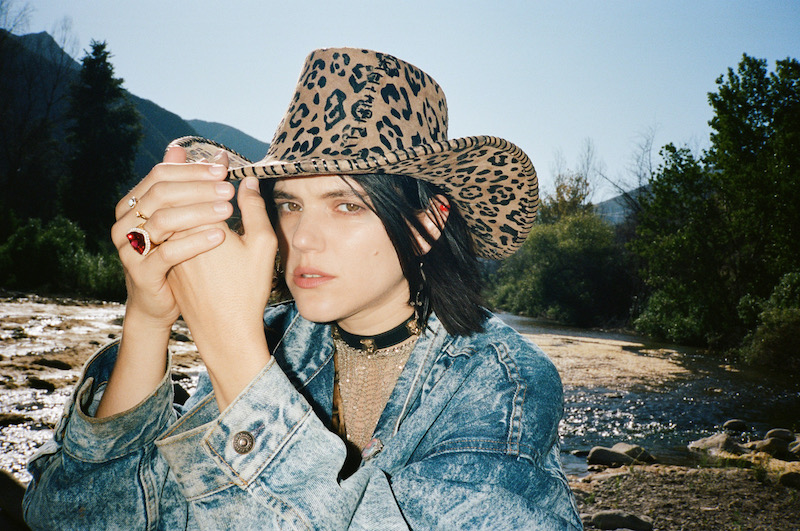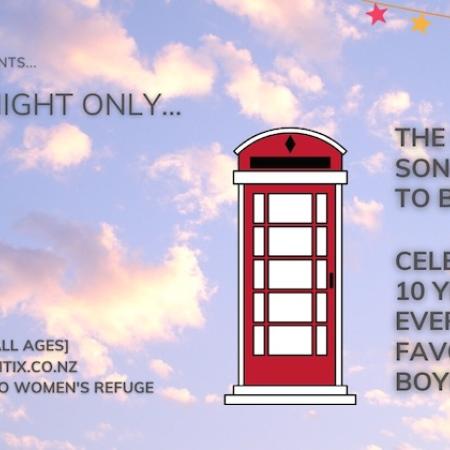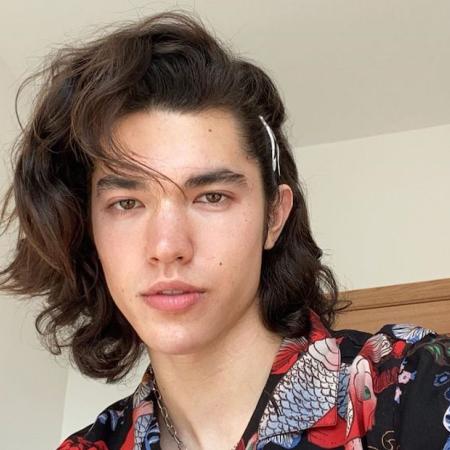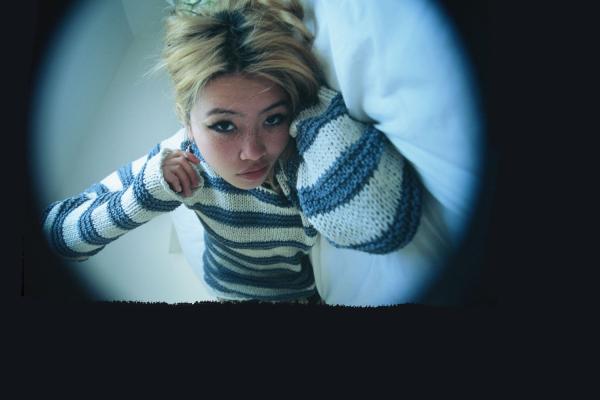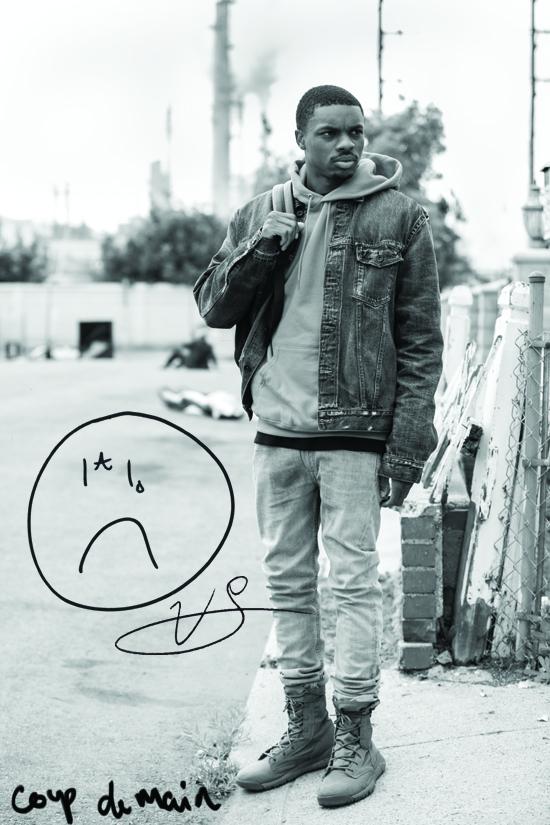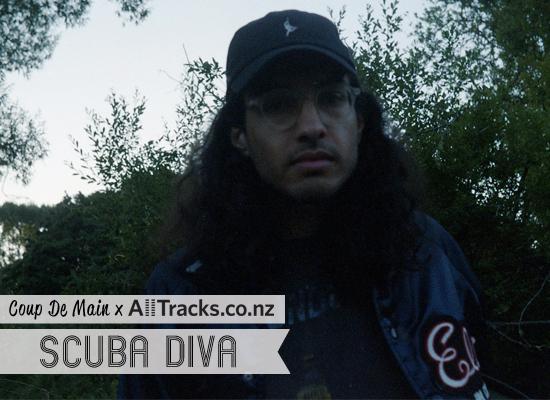"I'm sorry, I'm in the car with my baby! He really wants to be part of this," Soko explains to me mid-way through our conversation, as she tries to stifle her laughter while her baby yet again tries to involve himself in our discussion of her just-released album, 'Feel Feelings'.
The album, originally slated for an April release was pushed back due to the pandemic (and then again out of respect for the Black Lives Matter movement), sees Soko delve into self-reflection as she contemplates self-love and the acceptance of one's own emotions.
She further explains, “'Feel Feelings' is very queer record that calls for a celebration of self love, acceptance, and asks to be more present. It is happy-sad, it’s vulnerable, it is slow and warm, sensual and poetic like a sweet Gainsbourg song sung under water. It lays where all magic is born, between smiles and tears, between laughs and fears, just like a rainbow made of sun and rain. It feels like being laying down by a fire all wrapped up in a huge comforter during a cold winter night. I wanted it to reflect the entire spectrum of emotions, even the not so pretty ones that we’re all made to feel guilty for.”
We spoke with Soko about the album's release, embracing all forms of emotion, happiness, and more...
...as a songwriter, I'm constantly trying to analyse my condition - looking back into the past, and looking forward; projecting myself into the future and where I want to be and where I'd rather be.
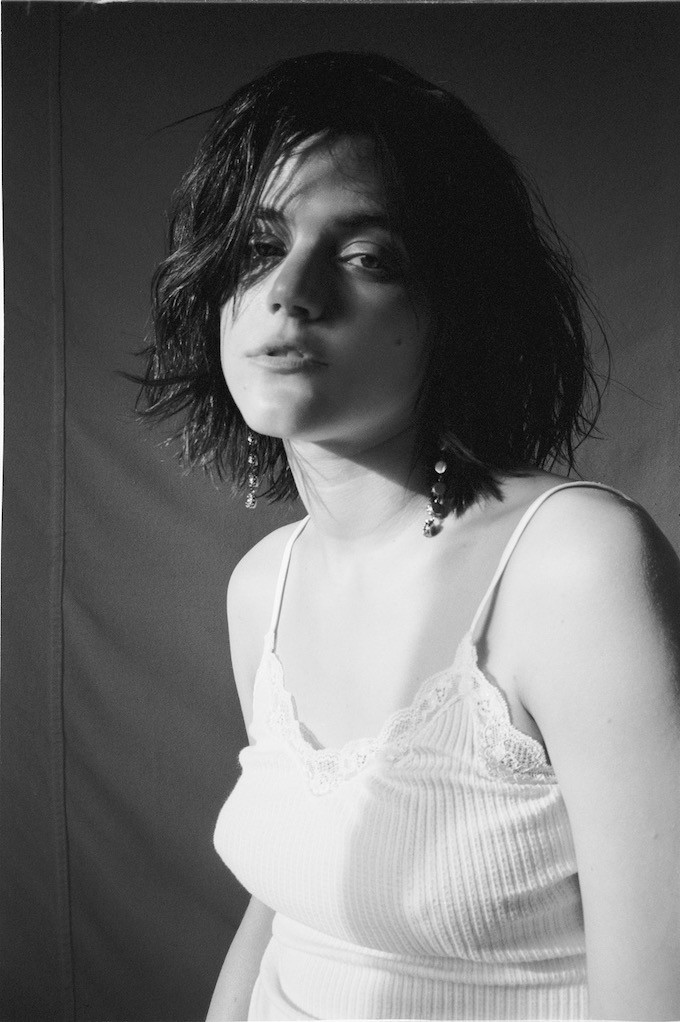
COUP DE MAIN: You tackle a lot of different emotions across the whole of your new album, 'Feel Feelings'. What do you think is the strongest human emotion?
SOKO: Well, the one we all crave the most is love. But I think it's all a balance of everything and we all get to experience everything on different levels at different periods of our lives.
CDM: Do you find certain emotions easier/harder/more rewarding to write about in songwriting?
SOKO: I don't ever remember writing one song when I was happy. So I think I find that I get more creative when I'm letting myself feel long periods of loneliness, or sad and isolated, and <laughs> depressed.
CDM: 'Being Sad Is Not A Crime' is such an important song in encouraging people to feel all their emotions! Why do you think that bottling things up, and trying to repress emotions is something that humans so often turn to?
SOKO: Yeah, that is what I try to fight very hard for. That's what I'm trying to teach my baby to do too, in that all these emotions are welcome, that no emotion is sinful to have or to feel guilt around and that everything is healthy to feel, and the more you agree to feel it, the faster you can move away from it.
CDM: It's cool that 'Blasphemie' is the first song you ever wrote in French. Was it a song that you originally conceptualised in English and then translated, or were you thinking it in French?
SOKO: I didn't really think much about it. I mean, it feels pompous to say, but you're channelling something. When you're writing music, you just start to play and you really don't know what's going to come out of it. I'm never thinking, 'Oh, I need to write a song about this or that.' I have tons of notes that I write titles for and I'm like, 'Oh, I would like to talk about this.' But I wanted to address this very painful breakup that I was entirely responsible for and in a way that addressed the guilt that I felt around it. It is something that I lived when I was in France and so somehow it felt pretty natural for me, and it just came out in French. I never thought about writing a song in French but that's just how came out in five minutes.
CDM: Do you think having fully French songs is something you want to continue doing in the future as well with your music?
SOKO: I mean, yes, if it's the same thing - if it's something that comes as natural as it did the first time. I don't know what I'm going to do in the future. I haven't written a song since I finished this record, so it's hard for me to tell where I'll be when I'll have the time to sit down and gather my thoughts and feel what I want to write about and how it's gonna come out.
CDM: Do you find that normally when you finish working on an album, you stop songwriting altogether, and put it down for a while and then pick it back up again?
SOKO: Well, this is the longest I've spent without playing music, to be honest, but it's also because I had a baby and also I did three movies since he was born. I was finishing the artwork and doing already so much press for the record, and doing videos, and so I just really have not had the time, and because I'm with my baby all the time, it's hard, I just don't know when I'm going to find a minute to breathe and be creative.
CDM: In 'Looking For Love' you sing that you're looking for someone who can complete you and be your better part. Do you think those are two of the most important things to look for in love, that someone will help you to become a better person, and help you grow?
SOKO: You know what, I wrote that, and I kind of wrote it as a joke. Because I was celibate when I wrote that, so I wrote it more in the sense of like, if you were gonna write something on Craigslist like a missed connection, or something in the newspaper, like looking for love. Like, 'I'm looking for this and this and that.' So it was kind of more jokey. But then, for the first time in my life, I am in a very stable relationship. I wasn't looking for someone to complete me at all. I was very happy with myself. I just met someone who became my best friend. It was very easy to transition into dating her because I wasn't looking for someone to complete me and she wasn't looking for someone to complete her. But we're definitely making each other better humans from being together and growing together in a very harmonious way.
CDM: I really like the sentiment of ‘Don’t Tell Me To Smile’ - it’s strange how smiling is such a conditioned part of society, and that if you don’t smile it’s immediately assumed you aren’t happy. Why was that something you felt strongly about to write in that song?
SOKO: I mean, we have more and more of that through social media and people having to be perfect all the time and putting filters on everything and making everything deprived of real emotions. I just remember that when I was just starting to make music and I was having to do promo and doing photoshoots, I had so much anxiety around it. I didn't want to be in front of the camera. I didn't really want to be seen. I was just making music on my own and not really for anyone to even hear it, you know, it didn't really matter. And then suddenly, I was getting so much attention, and it was really hard. That thing was hard for me and I didn't know how to transition into that and doing photoshoots and having people being like, 'Why are you so sad? What's going on? Smile more! Let's see you smile! Let's see those teeth!' Each time I would do a photoshoot, I would always feel very self-conscious of smiles in pictures because I don't want it to look fake. And each time I would just be myself, and hearing the feedback, I was just like, 'Can you just take people for who they are?', and think, 'Why do you constantly have to ask kids to smile for pictures?' If you want to take a picture of them and remember the moment, then just remember it for what it is.
CDM: Tying in with happiness, and smiling, it’s interesting how the concept of ‘Happiness’ is seen as a goal and a destination to get to, but often it feels like happiness is more of an occasional feeling, rather than a constant state. Do you agree with that in your experiences with happiness?
SOKO: I was listening to a podcast the other day where someone was like, "Happiness is something that is great. But to get there every day you have to practice failing and failing and failing again, and you have to just become okay with failing and this is what happiness is, is that you just ride the waves and you just become okay with things being imperfect."
CDM: At the beginning of 'Replaceable Heads' you reflect that it takes too long to make decisions and that your head is never quite together these days. Does that awareness of your mental health, and how you're feeling, come from just getting to know yourself better and being more in tune with your emotions?
SOKO: Just romantically, I was never making the right decisions, and not making decisions with my head in the right way of thinking. Knowing that I know I'm getting into something that isn't right, but then my heart is like, 'Let's just do it. Let's just try one more time.' And so that's kind of what 'Replaceable Heads' was about. And yes, it is important for me to tap into mental health, and I find that people care a lot about their beauty routine and their workout routine, but it's still very rare for people to just say, 'I do this and this for my mental health.'
CDM: It's very relatable in 'Now What' when you say, "I'm always overthinking the past the present and the future." Do you think that humans tend to always be thinking about their experiences, rather than living in them?
SOKO: For sure. It's very hard to be in the present because we are also conditioned to project ourselves into the future, into the kids and being asked, 'What are you going to do later?', instead of talking about the now and being in the now. It's very hard to stay present. Also as a songwriter, I'm constantly trying to analyse my condition - looking back into the past, and looking forward; projecting myself into the future and where I want to be and where I'd rather be. With this record, I was trying to analyse what is in the present. I was done with dealing with the past in the last few records and I wasn't really projecting myself into the future. I was like, 'Okay, this is what's happening right now, and this is what I'm gonna write about right now. Like, this happened last week, I'm gonna write about it today.'
CDM: Does that kind of feel more immediate as well when you can write about stuff happening in the present?
SOKO: Definitely, but also it gave me the chance to just come up with everything and write everything in the studio. Most of the things, I didn't demo much of anything, which was good for me because I would have demo-itis. I always feel like I want to write the first raw version of the song because this is what it is in its purest form, and everything you try to do after it just kind of damages it. So there were a lot of songs that I just wrote them in the studio, and a lot of the songs were the first vocal takes. It just felt like I wanted that kind of immediate feeling of capturing something special.
SOKO's album 'Feel Feelings' is out now - watch the 'Looking For Love' music video below:


